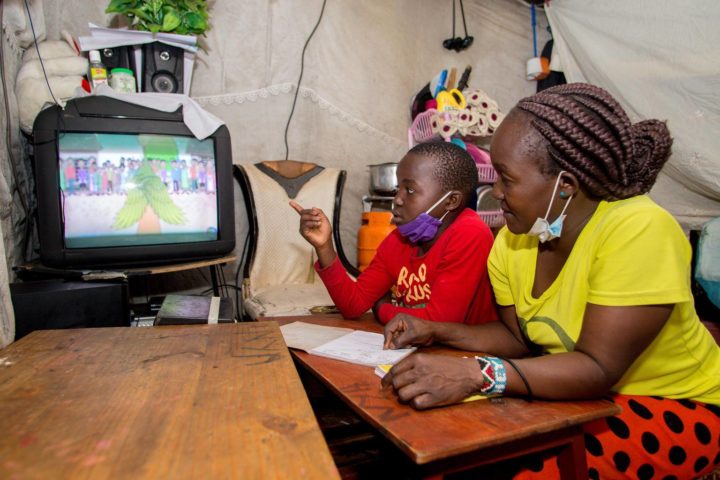Today, Tuesday November 3, the virtual development of the 11th Regional Assembly of the Latin American Campaign for the Right to Education (CLADE) was continued.
This time, inequalities were addressed as the central node of education in Latin America and the Caribbean. The panel was entitled “Inequalities, inclusion and education: intersectionalities” and the meeting was held in partnership with the Bolivian Campaign for the Right to Education (CBDE), Oxfam IBIS and the Popular Education Network among Women in Latin America and the Caribbean (REPEM).
With the opening words of Elisabeth Robert and the welcome words on behalf of the CLADE Directive Committee by David Aruquipa, the presentations began with a vision of the regional panorama provided by Karina Batthyany, CLACSO General Secretary, who mentioned that the Latin American region is the most unequal in the world, not only economically, but also educationally and culturally, racially, with enormous gender inequalities, exclusion and invisibility of indigenous populations, afro-descendants, migrants, etc. … and it is necessary to re-formulate the conceptual framework of our societies, thinking of a model that allows for the exercise of real participatory democracy, inclusion, and overcoming poverty.
After her, Vernor Muñoz, GCE Policy Director and former UN Rapporteur on the Human Right to Education took the floor, who reaffirmed this situation of extreme inequality and mentioned the patriarchal framework of our societies in all its aspects. A patriarchy that operates by excluding and discriminating, with organizational structures that permeate the states, the educational system and even educational contents. The only way to overcome the multiple discriminations and violations, he said, is through a new intersectional approach.
Then followed thematic presentations that focused on describing how these inequalities are manifested and exacerbated in times of pandemic, specifically those that affect gender – described by Monica Novillo, Coordinator of the Popular Education Network among Women -, disability thanks to the presentation of Celeste Fernandes, Coordinator of the Inclusive Education Network, the intersectionalities that affect the indigenous world and especially its women, girls and adolescents that Libertad Pinto evidenced, and the migrant populations in this context of pandemic with the words of Handerson Joseph, Coordinator of the Frontiers Program of the University of Amapá in Brazil.
Before the end, there was an opportunity – as in the previous sessions of the Assembly – for the formulation of comments and virtual questions that were collected from the chat, being answered as a closing by each of the speakers.






